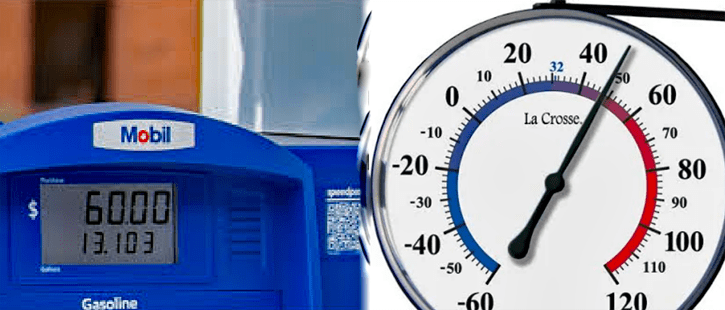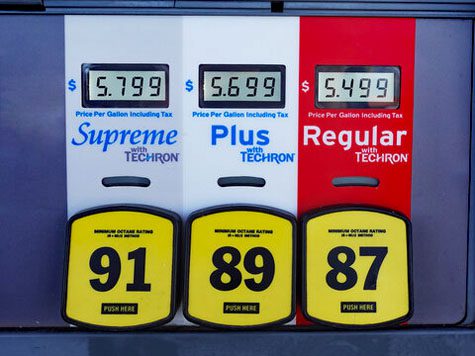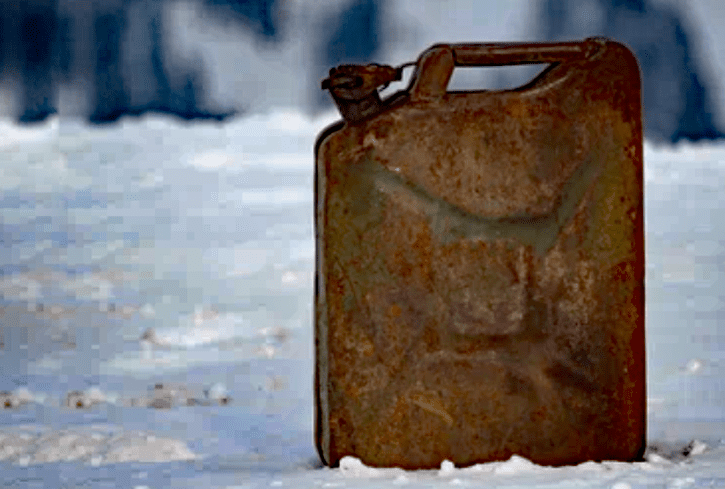
If you’re a routine commuter who at least occasionally takes in the news, you’re likely aware that the gasoline you buy comes in two blends: summer and winter. This complication comes in addition to fuel varieties defined by octane and alcohol content. Mercifully, the transition between blends takes place behind the scene, and shoppers aren’t required to do much, beside fill up as usual—and occasionally pay more for the privilege.
What is Winter-Blend Gas?
But what is winter-blend gasoline? Why do we need it? Does it cost more? Is it good for my car? Here’s a quick look at why we need seasonal gas blends, and why we’re pumping them into our cars and trucks.
What is Winter-Blend Gas?
It may surprise you to learn that what we now call winter-blend gas is actually old-school regular gas. It is actually summer-blend gasoline that has been modified. Summer-blend gasoline is formulated to reduce certain smog-creating emissions that are more easily created in warm weather. Summer-blend gasoline is usually sold between June 1 and September 15 of each year, though the dates vary state by state, and in some cases city by city.
When Was Seasonally Formulated Gasoline First Introduced?
The Environmental Protection Agency (EPA) first required gas stations to carry summer-blend gasoline in 1995. Summer-blend gasoline came about as a result of the Reformulated Gasoline Program (RFG), which was enacted by Congress in 1990. Reformulated gasoline was rolled out as part of the same legislation which banned chlorofluorocarbons in spray cans.
What does Summer-Blend Gas Do?
Contrary to expectations, summer-blend gasoline does little to reduce tailpipe emissions, instead, the fuel has been reformulated to cut down on evaporative emissions. These emissions are generated primarily during fueling. When fuel is added to a car, it displaces the air in the vehicle’s fuel tank. That air is dense with gasoline vapor, some of which is captured by the car’s Evaporative Emissions Control System (EVAP), the remainder escapes into the atmosphere. The escaped vapors are not only generally harmful, they also contribute to the formation of ground-level ozone, also known as smog. Smog is known to cause or exacerbate conditions including respiratory and neurological disorders, cardiovascular disfunction, and cancer.
Due to its lower Reid Vapor Pressure (RVP) rating, summer-blend gasoline is less prone to evaporation, reducing the amount of vapor which escapes into the atmosphere.
Note that in addition to refueling, gasoline vapors also escape when a station’s underground fuel storage tanks are being refilled, and, to some extent from the tanks themselves. Because summer-blend gasoline is formulated to evaporate more slowly, the net amount of gas vapor released into the environment is reduced.

Why is the Reformulated Gasoline Only Produced in the Summer?
Because gasoline evaporates more easily in warm weather, and because summer-blend fuel costs more to produce. Note that in some states, including California, summer-blend fuel remains on the market for a longer period of time each year.
How is Summer-Blend Gasoline Different From Winter-Blend?
Summer-blend gasoline is formulated with less butane, which evaporates very easily, and a greater quantity of alkylates, which are more stable.
Is Summer-Blend Gas More Expensive?
Yes, roughly $.15 more per gallon.
Does Summer-Blend Gasoline Reduce Fuel Economy?
No. Summer-blend gas boasts an energy content roughly two percent higher than that of winter-blend fuel. It should return slight improved mileage.
Will My Car Perform Better Using Summer-Blend Gasoline?
Maybe, just a little. Likely not enough to take note of.
Will My Car Run Better On Summer or Winter-blend Gas?
There shouldn’t be much difference in a car’s operation when switching between the two fuel types. That said, summer-blend fuel used in cold temperatures in a very-old carbureted car could contribute to difficult starting. Maybe.
Should I Do Anything to Prepare for the Use of Winter or Summer-Blend Gasoline?
No. Just be aware that, from time to time, a shortage of a particular blend of fuel can result in temporary spikes in gas prices. If you have time, shop around for the best fuel price, though these price bumps are usually temporary, and occur only during the fuel-type changeover.
Listen to the Car Stuff Podcast



